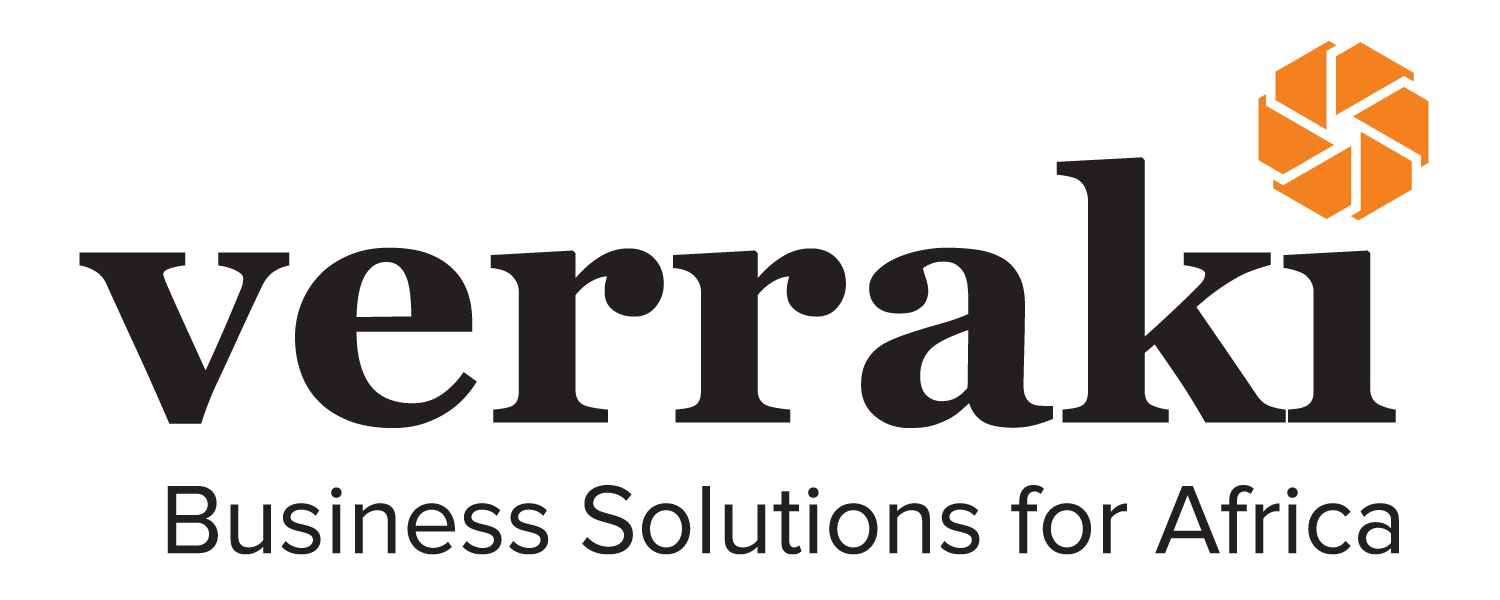Nigeria's economy just delivered something few expected: 4.23% GDP growth in Q2 2025, the fastest expansion in several years.
Back in January, most forecasts were cautious. The IMF projected around 3.4% annual growth. Analysts were split between conservative (3-4%) and optimistic (4.5-5.5%) scenarios. We're now tracking ahead of those conservative forecasts.
But here's the catch: this growth is uneven. High inflation, weak purchasing power, and liquidity pressures remain. For business leaders, the question isn't just "Are we growing?", it's "How do we capture the upside while managing the very real risks?"
Three Scenarios That Could Define Your 2026
Based on current policy momentum, oil dynamics, and reform execution, we see three possible paths:
Upside (4.5-5.5% growth): If crude stays firm, infrastructure improves, and private investment resumes, we could sustain momentum into 2026.
Base Case (3.5-4.5% growth): Moderate H2 momentum balancing oil gains against inflation and fiscal constraints, above IMF estimates but below optimistic ceilings.
Downside (<3.5% growth): Global shocks, oil disruptions, or policy backsliding could derail progress and reignite inflation.
Which scenario plays out depends on execution, from both policymakers and businesses like yours.
The CBN Just Made Its First Rate Cut Since 2020
Nigeria's Central Bank trimmed the benchmark rate by 50 basis points to 27% signaling a cautious shift toward easing after years of tightening.
Why this matters:
- Lower borrowing costs for businesses (though 27% is still high globally)
- More credit available; banks' Cash Reserve Requirement dropped from 50% to 45%
- A confidence signal that policy is recalibrating toward growth
What to do now: Review your debt structure for refinancing opportunities, explore new credit windows for expansion, and hedge interest rate risk where possible.
Detty December Is Coming: Q4 Planning Essentials
December historically drives elevated consumer spending across retail, hospitality, and transport. Despite inflation, expect a notable seasonal uplift, but with tighter margins.
Your Q4 playbook:
- Prepare inventory and staffing for higher footfall now
- Plan targeted promotions that protect margins
- Invest in digital channels to lower unit costs
- Hedge FX exposure if importing goods
- Tighten cash management and receivables discipline
The opportunity is real. The question is whether you're positioned to capture it profitably.
GAID 2025: Data Privacy Compliance Just Got Serious
Effective September 30, 2025, the Nigeria Data Protection Commission rolled out comprehensive compliance obligations for any organization handling personal data.
What's required: NDPC registration, Data Protection Officers, compliance audits, annual returns, and breach notification protocols.
The penalty: Up to 2% of Annual Gross Revenue or ₦10 million, whichever is higher.
If your business collects or processes personal data (and most do), compliance is no longer optional. But this is also an opportunity, strong data governance builds customer trust and competitive advantage.
6 Actions for Business Leaders Right Now
- Stress-test liquidity & FX exposure: Maintain cash buffers and scenario-plan for Naira moves
- Use Q4 seasonality strategically: Plan for demand but protect margins through smart promotions
- Invest in digital sales & collections: Improve reach and tighten receivables management
- Reassess pricing & product mixes: Consider tiered offerings to preserve volumes amid input inflation
- Position for infrastructure opportunities carefully: Participate through vetted partnerships but watch for illiquidity risk
- Engage with policy developments: Monitor regulatory changes and align strategy early
The Bottom Line
Q2's 4.23% growth shows reforms are working. But sustaining momentum requires continued policy execution, inflation management, and strategic business planning.
The companies that plan ahead securing liquidity, cutting waste, and aligning with policy shifts will capture gains through Q4 and into 2026.
Those that don't will struggle.
Want the Full Analysis?
This is just a summary. In our complete October 2025 edition of The Verraki View, we went deeper on all the things we touched on here


